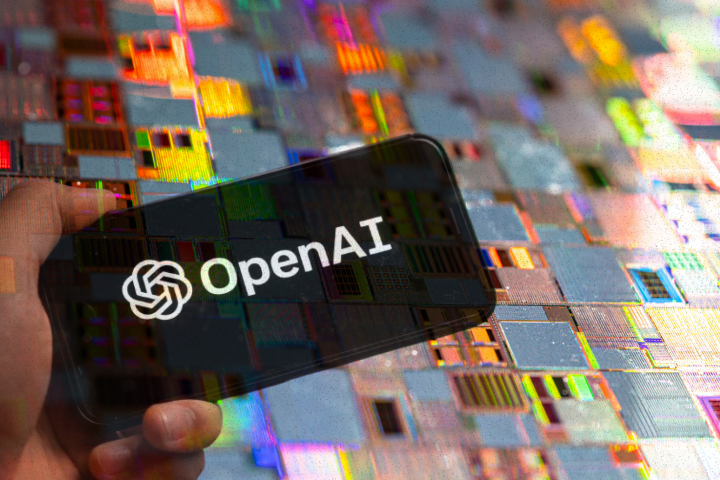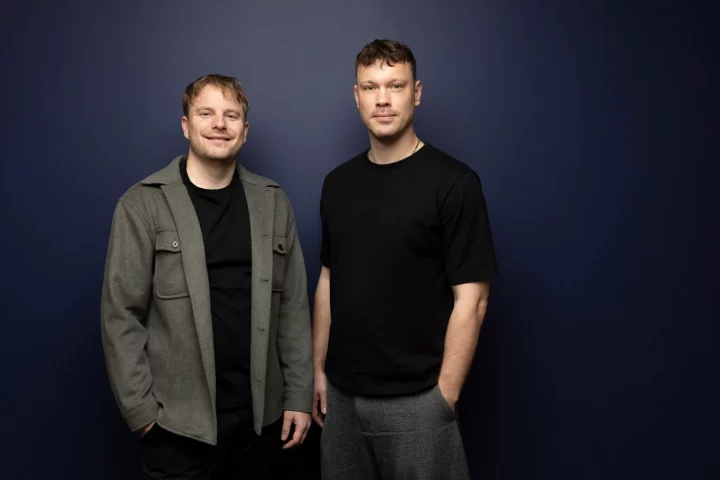Scaling from zero to €1 million in annual recurring revenue (ARR) in just six months is the kind of growth most founders dream about, and few achieve. Yet that’s exactly what the team behind Peec AI, an emerging player in the fast-moving world of AI search analytics, managed to pull off.
Peec AI helps companies understand how visible their brand is across AI tools such as ChatGPT, Claude, Perplexity, and Grok, platforms that are rapidly replacing traditional search engines in how people discover products and make purchasing decisions.
The company recently crossed a major milestone: €1 million in ARR and over 500 paying customers, all within half a year of launch. The founder, Marius Meiners shared five key lessons from the journey , practical, hard-won insights about building a company that scales fast in a competitive landscape.
What exactly does Peec AI do?
In simple terms, it helps companies understand how visible their brand is in AI-generated responses.
When users ask tools like ChatGPT or Claude for product recommendations, Peec AI measures whether those brands are mentioned or cited as sources. This is crucial for marketers because, increasingly, people are turning to AI for research and discovery rather than search engines.
Peec AI uses UI scraping technology, not APIs, to simulate real user interactions with AI tools. This ensures the data reflects exactly what users see, not a filtered version returned by an API. It’s an approach that allows for real-world accuracy and future-proofing, as APIs change frequently or limit data access.
For marketing teams and agencies, this data reveals not only where they stand, but also who their competitors are in AI search, and how often their content is cited as a trusted source.
1. Pick a good category: Solve a real, painful problem
“Selling something people don’t need is just too hard,” the founder explains. It sounds simple, but in B2B especially, finding a truly painful problem to solve can make the difference between early traction and total stagnation.
In Peec AI’s case, the team focused on a new but rapidly growing pain point: AI visibility. As consumers and professionals increasingly turn to AI tools for answers instead of search engines, the question for marketers becomes: Can customers still find your brand when they ask AI instead of Google?
That’s the problem Peec AI set out to solve. The company’s analytics platform tracks whether brands are being mentioned or cited by AI tools, information that’s becoming critical for marketing and SEO teams.
The bet seems to have paid off. According to data from Statista, global investment in generative AI tools is projected to surpass $150 billion by 2027, and as adoption rises, understanding AI-driven visibility is becoming a top priority for marketing departments. Peec AI positioned itself right at the intersection of these trends.
2. Timing is everything
“Have great timing,” Marius Meiners says, because even the best product won’t win if the timing is off. The tech world is filled with examples of ideas that were too early or too late.
Peec AI launched just as marketers were realizing that AI chatbots were beginning to displace traditional search behaviors. Google’s own experiments with “AI Overviews,” along with the rise of ChatGPT and Perplexity, have reshaped how people find information.
This made Peec AI’s timing almost perfect, entering a space where awareness was rising, but competition was still limited. As the founder put it, “If you don’t have the best product and offer at a given time, why should a customer pick you?”
We crossed €1m ARR and 500+ customers in just 6 months. Here are 5 main things we learned about building a fast-scaling company:
1) Pick a good category.
Selling something people don’t need is just too hard. In B2B, you need to solve a big, painful problem to get people to… pic.twitter.com/Tdp5rW7rHr— Marius Meiners (@MariusMeiners) July 23, 2025
3. Work super, super hard
Startups often glamorize hustle culture, but Peec AI’s team lived it, averaging 90-hour workweeks for six months straight.
“Is that sustainable? Probably not,” the founder admits. “Do it anyway for as long as you can handle it, and don’t forget to have fun doing it.”
Behind every fast-scaling company lies a period of intense, all-consuming work. Research from Harvard Business Review suggests that “extreme effort in the early stages of a startup can multiply the odds of survival,” though burnout remains a serious risk if maintained indefinitely.
For Peec AI, that dedication was what allowed a small team to build, iterate, sell, and scale at an extraordinary pace.
4. Focus on selling, relentlessly
“You can get product, ops, and fundraising right,” the founder explains, “but if top-line growth isn’t exceptional, you still lose.”
Peec AI made sales its core focus. The team conducted over 2,000 sales calls to reach their first 500 customers. In an age where many startups over-index on product and underinvest in sales motion, Peec AI’s approach feels almost old-fashioned, but clearly effective.
The founder’s point resonates with data: according to Salesforce’s 2024 SMB Trends Report, companies that prioritize sales and customer relationships grow 45% faster than those that focus primarily on product development.
Cold calls, demos, follow-ups, whatever it took, Peec AI did it. “If you have to do cold calls or door-to-door sales, do it,” the founder says. “Go above and beyond for this one.”
5. Only fundraise when you have great KPIs
Peec AI’s fundraising journey was unusually smooth, but not by accident. “Once you’re crushing it on product and sales, fundraising becomes easy,” the founder explains.
The company raised its pre-seed round with 30% week-over-week growth, numbers that made investors take notice. The pre-seed round generated four term sheets in six weeks; the seed round closed in just one week.
That kind of traction changes the dynamic completely. Instead of chasing investors, Peec AI could choose among them, a luxury few early-stage startups enjoy.
As venture capitalists often note, traction beats storytelling. And Peec AI had the numbers to prove it.
Traditional SEO and PPC strategies are giving way to AI visibility optimization, an entirely new discipline.
As people increasingly “talk to” AI rather than “search” the web, the battleground for brand discovery is shifting. And companies like Peec AI are among the first to quantify and optimize that space.
The company’s story offers a masterclass in execution: find a real problem, act fast, work relentlessly, sell aggressively, and raise money from a position of strength.
Scaling to €1 million ARR in six months isn’t easy. But as Peec AI proves, with the right category, timing, and work ethic, it’s far from impossible.












